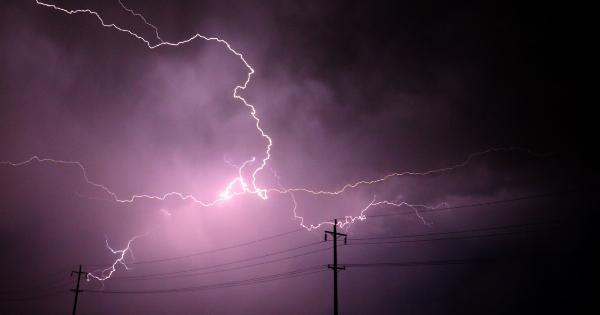Waking up in the middle of the night, drenched in sweat, can be a distressing experience. Night sweats are not only uncomfortable but can also disrupt your sleep, leaving you tired and drained the next day.
While occasional night sweats are normal, persistent episodes could indicate an underlying health issue that needs attention. In this article, we will explore the top five reasons that may be causing your night sweats.
1. Menopause
One of the most common causes of night sweats in women is menopause. During this transition period, the body undergoes hormonal changes, particularly a decrease in estrogen levels.
Fluctuating hormones can disrupt the body’s natural temperature regulation, leading to night sweats. Hot flashes, which are sudden feelings of heat accompanied by excessive sweating, are a hallmark symptom of menopause. These episodes can occur during sleep, resulting in night sweats.
2. Medications
Certain medications can trigger night sweats as a side effect. Antidepressants, hormone therapy drugs, and medications used to lower fever or control blood sugar levels are commonly associated with night sweats.
It is important to read the medication labels and consult your healthcare provider if you suspect that your medications are causing night sweats. They may be able to adjust your dosage or suggest alternative options.
3. Infections
Night sweats can sometimes be a symptom of an underlying infection. Tuberculosis, HIV/AIDS, and certain types of bacterial or fungal infections can cause excessive sweating during sleep.
In addition to night sweats, other symptoms like fever, weight loss, and fatigue may be present. If you are experiencing recurrent night sweats along with other concerning symptoms, it is advisable to seek medical attention for a thorough evaluation and appropriate treatment.
4. Anxiety and Stress
Emotional stress and anxiety can manifest physically and trigger night sweats. When the body is under stress, it releases stress hormones like cortisol, which can lead to increased body temperature and a higher likelihood of sweating during sleep.
Supportive measures such as relaxation techniques, meditation, and therapy can help manage stress levels and potentially reduce the occurrence of night sweats.
5. Sleep Disorders
Certain sleep disorders, such as obstructive sleep apnea and insomnia, can contribute to night sweats.
Obstructive sleep apnea is characterized by repetitive pauses in breathing during sleep, causing the body to struggle for air and leading to excessive sweating. Insomnia, on the other hand, can create anxiety and discomfort, which may result in night sweats. Seeking treatment for these sleep disorders can help improve sleep quality and reduce the occurrence of night sweats.
Conclusion
Night sweats can have various causes, and it is essential to identify and address the underlying reason for your symptoms.
If you are consistently experiencing night sweats that disrupt your sleep and affect your quality of life, it is advisable to consult a healthcare professional. They can perform a thorough evaluation, conduct necessary tests, and provide appropriate treatment to alleviate your night sweats and improve your overall well-being.





























